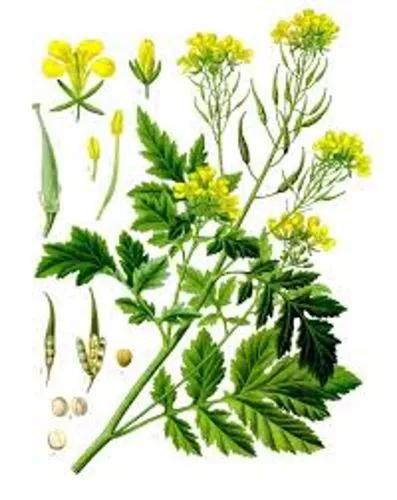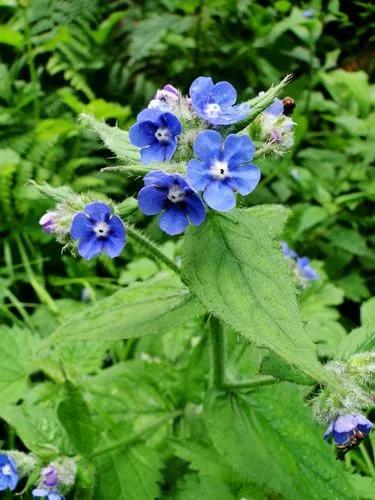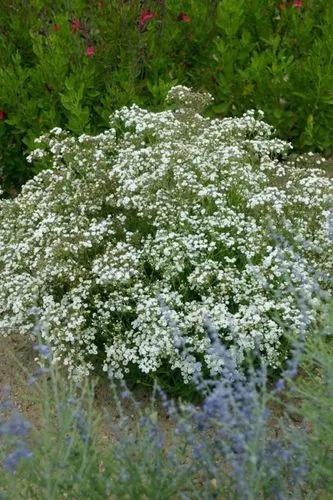Bulbophyllum aphanopetalum is a species of orchid in the genus Bulbophyllum. Bulbophyllum smitinandii. Bulb.Lobbii as far as colour and markings are concerned can be a variable species but the shape is usually fairly consistant.
Bulbophyllum Aphanopetalum Care
Bulbophyllum Aphanopetalum



How to Care for the Plant

Water

Water as needed to keep the soil slightly moist but never soggy.

Pruning

Cut back after flowering.

Fertilizer

Orchids need to be fed regularly. Growers suggest using a "balanced" fertilizer such as 20-20-20 that includes all "necessary trace elements." Regardless of the fertilizer formulation you choose to use, it should contain little or no urea.

Sunlight

These plants thrive in strong light, but direct sunlight can burn orchids. Bright, indirect light from an eastern or southern window is ideal. Leaf color is a good indicator of the amount of light an orchid is getting: Bright green leaves indicate a happy, healthy plant.

Soil

The most important attributes for orchid soil are aeration and drainage. Orchids don't have the same type of roots as other houseplants. If the roots are left in moisture for any length of time, they will rot. While orchids love moisture, a little goes a long way.

Temperature

Generally temperatures between 50° and 80° F (10° to 27° C) are ideal for orchids; but occasional brief periods of temperatures above 100 F (38 C) or drops even into the 30s (0 C) will not harm most orchids as long as no frost forms on the leaves.

Container

Woven plastic or fiber pots most closely resemble how many orchids grow in nature. These basketlike containers loosely hold orchid roots and potting media, allowing air and water to easily pass through. Mesh pots are best in humid environments to ensure plants do not dry out too quickly.

Popularity

9 people already have this plant 2 people have added this plant to their wishlists
Discover more plants with the list below
Popular articles






